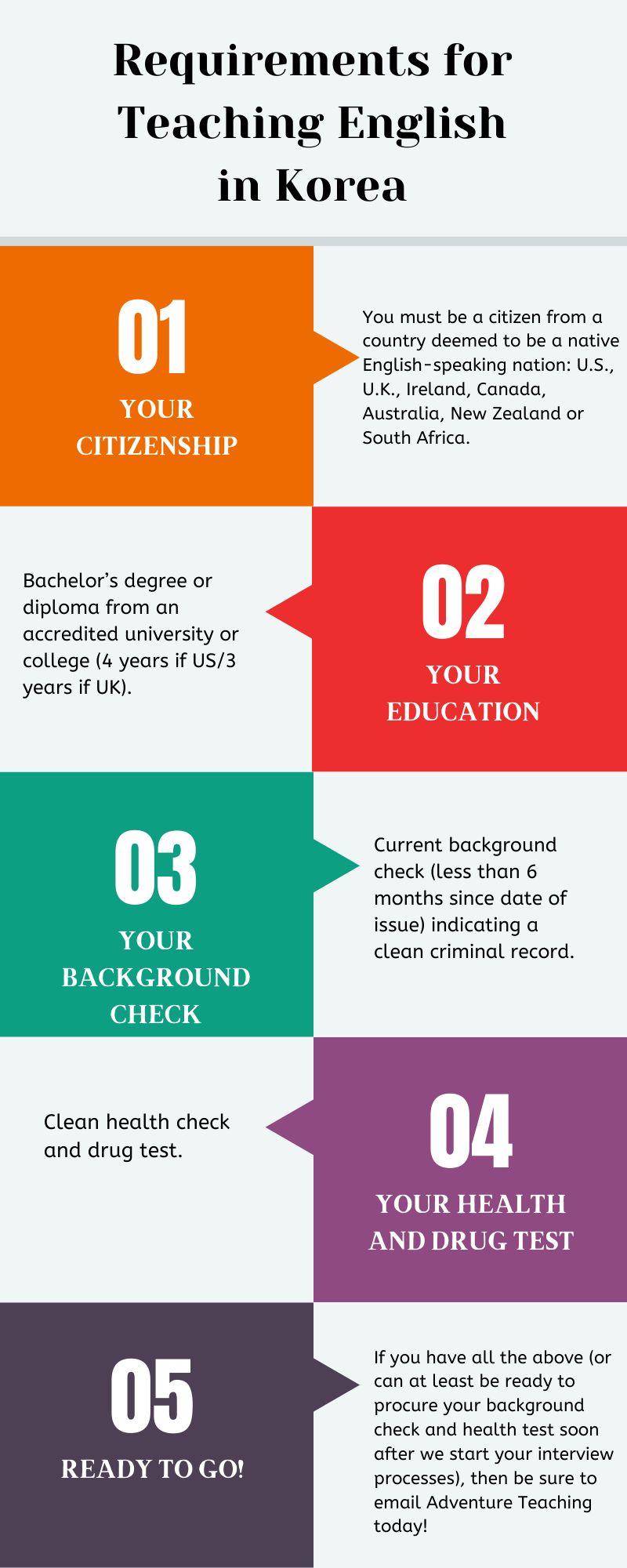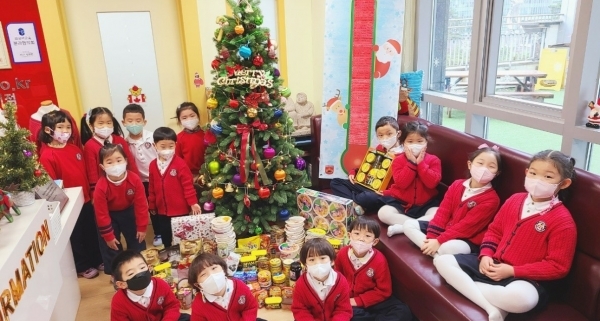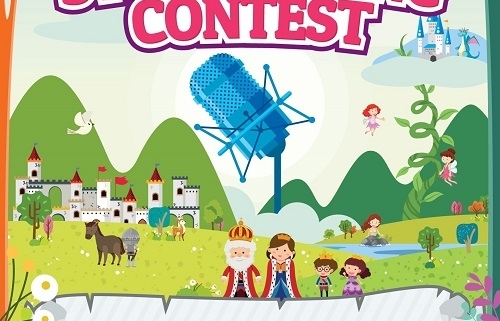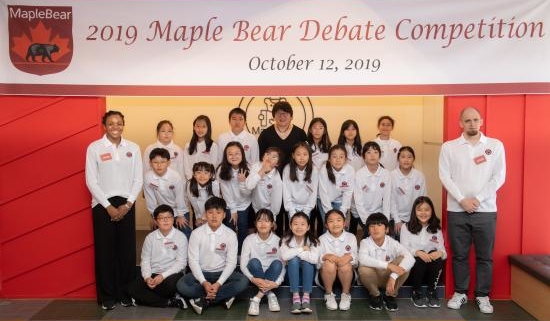“I speak English well and I can teach well. I also have certifications. But why can’t I teach English at school? What really matters?”
The requirements for teaching English in Korea have traditionally been quite inflexible but a little hope on the horizon exists as some foreigners seek to challenge those rules.
On Feb. 28th, a 36-year-old Ugandan humanitarian resident who met with the Hankyoreh at the ‘Friends of the Immigrant Center’ office in Yeongdeungpo-gu, Seoul asked, “Why can’t I teach English?” The Constitution of Uganda has designated English as the country’s official language. School classes are taught in English, and English is used in official events such as those involving mass media and public institutions. Mrs. S (redacted to ensure her anonymity) has had hopes to teach English in Korea, having been educated in English for 17 years, including a college course in accounting. However, the Ministry of Justice declined to approve an E-2 (English teaching visa) visa to S, as she was not from the 7 countries where English is her native language (USA, UK, Canada, South Africa, Ireland, Australia, New Zealand). Not convinced, S filed a constitutional complaint to the Constitutional Court in January with a friend of the migrant center, arguing that the standards were unconstitutional. Lawyer Yeji Lee, who represents S, wrote in the claim, “It is discriminatory treatment without a rational basis, and it infringes the right to equality.”
S, who came to Korea in 2011, applied for refugee status, but was not accepted, so she stayed as a humanitarian sojourner. It was difficult to find a stable job with a humanitarian sojourn visa that could only allow for one to engage in simple labor. She was hospitalized for years with musculoskeletal problems after hard physical labor on farms and in various factories.
However, the Immigration Office that informed that it was possible to obtain a certificate said to S last year, “You are not eligible for teaching English in South Korea,” and was not subject to receive an E-2 visa. This is because the Ministry of Justice’s standards for visa issuance stipulates that only Indian nationals who have signed a Comprehensive Economic Partnership Agreement (CEPA) with seven countries whose native language is English are allowed to work as English assistant teachers. However, among the seven countries, South Africa does not use English as the mother tongue, but it is still deemed as the official language.
Regarding the visa issuance criteria, the Ministry of Justice said, “In order to achieve international standardization of English education for Koreans, after consulting with relevant ministries, it was designated by comprehensively considering culture, customs, pronunciation, and people’s preferences among English-speaking countries. In 2001, we started issuing a conversation instruction visa only to the citizens of that country.”
Requirements for Teaching English in Korea Long Overdue for Being Relaxed
Japan’s Native English Language Teaching Assistant Program (JET) allows native English language assistants to work in schools who are not only from one of the seven countries, but also who are from countries where English is the official language, such as the Philippines, Singapore, Jamaica, Barbados, and Trinidad and Tobago. The system was introduced in 1987 in Japan, which accepted only nationalities of four countries (USA, UK, Australia, and New Zealand) as native English language assistant teachers, however, since then, the country has steadily expanded its teacher qualifications to various countries. Mae-Ran Park, a professor at Pukyong National University (Department of English Literature) said, “When Korea first introduced native English language assistant teachers in the 1990s, they modeled the program after Japan’s JET program.” Professor Park said, “In English education academia, the notion that even non-native speakers can become good teachers if they have subject expertise, teaching methods, English proficiency, and cross-cultural communication skills is the prevailing theory. That said, I think it is time to reconsider such standards governing teaching English in Korea.”
Have questions concerning requirements to teach English in South Korea? Be sure to email us at [email protected] for the latest info!

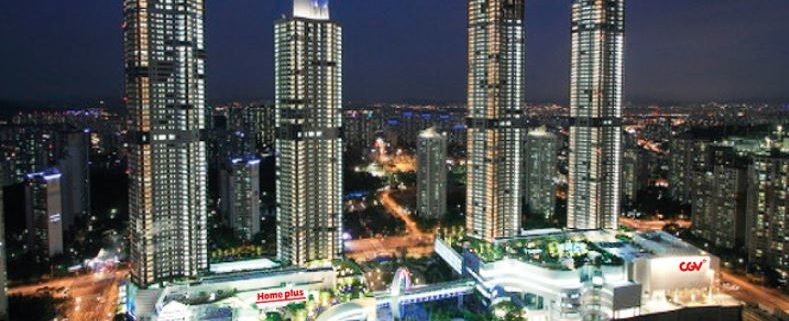

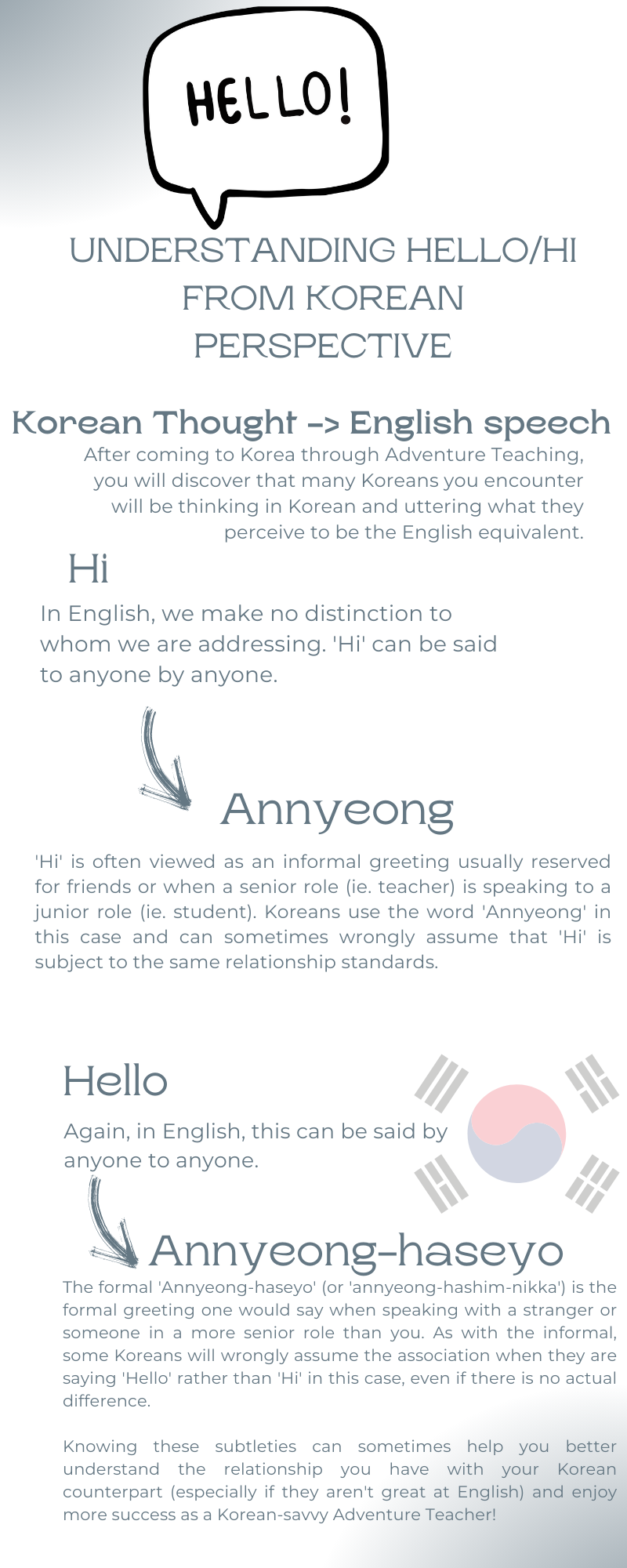 just listen to what they are saying but also what they appear to be thinking.
just listen to what they are saying but also what they appear to be thinking.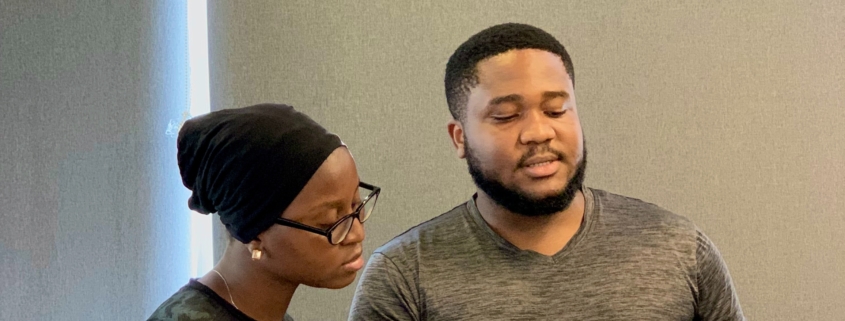 Photo by Cut in A Moment on Unsplash
Photo by Cut in A Moment on Unsplash
 Photo by Kelly Sikkema on Unsplash
Photo by Kelly Sikkema on Unsplash